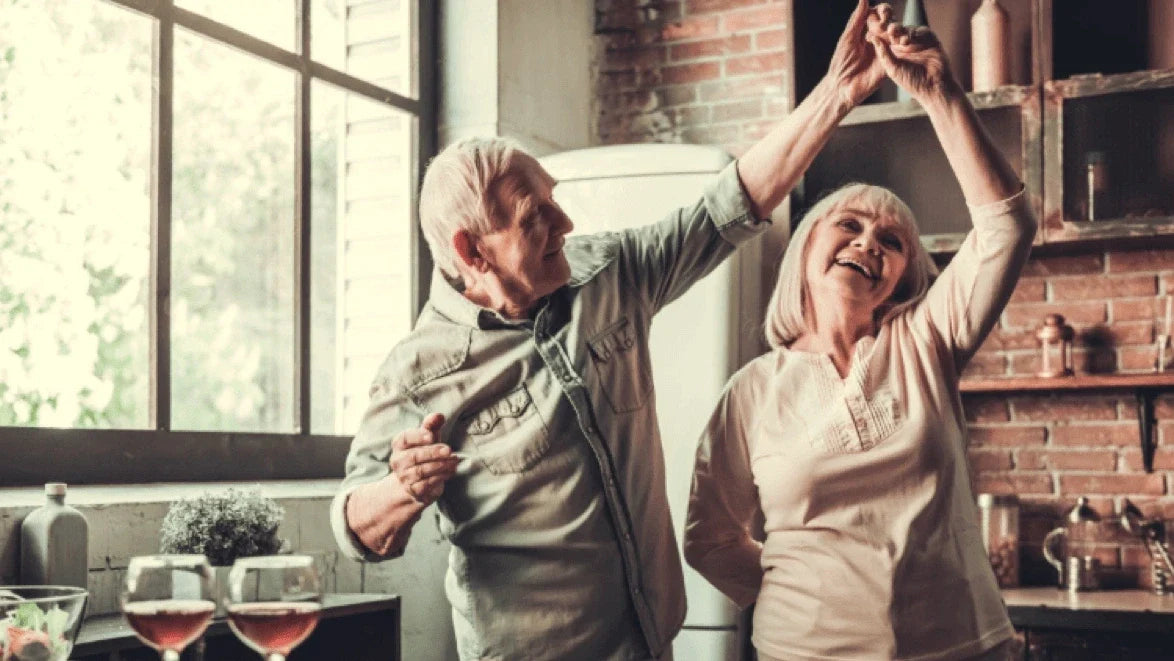The case for aging better
The case for aging better
Healthy life expectancy
Healthy life expectancy
Quality over quantity
Quality over quantity
Prolong health, not just life
Prolong health, not just life
Harmful Ingredients in Sunscreens: What You Need to Know
Harmful Ingredients in Sunscreens: What You Need to Know
Age gracefully, age healthfully
Age gracefully, age healthfully
- While we don’t have much control over our genetic risks, we can take charge of our lifestyle habits – which in turn are highly influential over our healthspan
- We suggest the following recommendations as a general guide to kick off healthy habits: Abstain from smoking and excessive alcohol consumption, engage in regular physical movement, get enough sleep, consume a healthy diet composed largely of fruits, nuts, vegetables, whole grains, fish and dairy, and maintain strong social networks and have good psychological support systems.
- While we don’t have much control over our genetic risks, we can take charge of our lifestyle habits – which in turn are highly influential over our healthspan
- We suggest the following recommendations as a general guide to kick off healthy habits: Abstain from smoking and excessive alcohol consumption, engage in regular physical movement, get enough sleep, consume a healthy diet composed largely of fruits, nuts, vegetables, whole grains, fish and dairy, and maintain strong social networks and have good psychological support systems.
- https://www.researchgate.net/publication/327735876_From_Lifespan_to_Healthspan
- https://www.who.int/gho/mortality_burden_disease/life_tables/hale_text/en/
- https://www.ncbi.nlm.nih.gov/pmc/articles/PMC4861644/
- https://www.jax.org/news-and-insights/2017/november/diet-and-longevity
- https://www.scientificamerican.com/article/relationships-boost-survival/
- https://www.researchgate.net/publication/327735876_From_Lifespan_to_Healthspan
- https://www.who.int/gho/mortality_burden_disease/life_tables/hale_text/en/
- https://www.ncbi.nlm.nih.gov/pmc/articles/PMC4861644/
- https://www.jax.org/news-and-insights/2017/november/diet-and-longevity
- https://www.scientificamerican.com/article/relationships-boost-survival/



